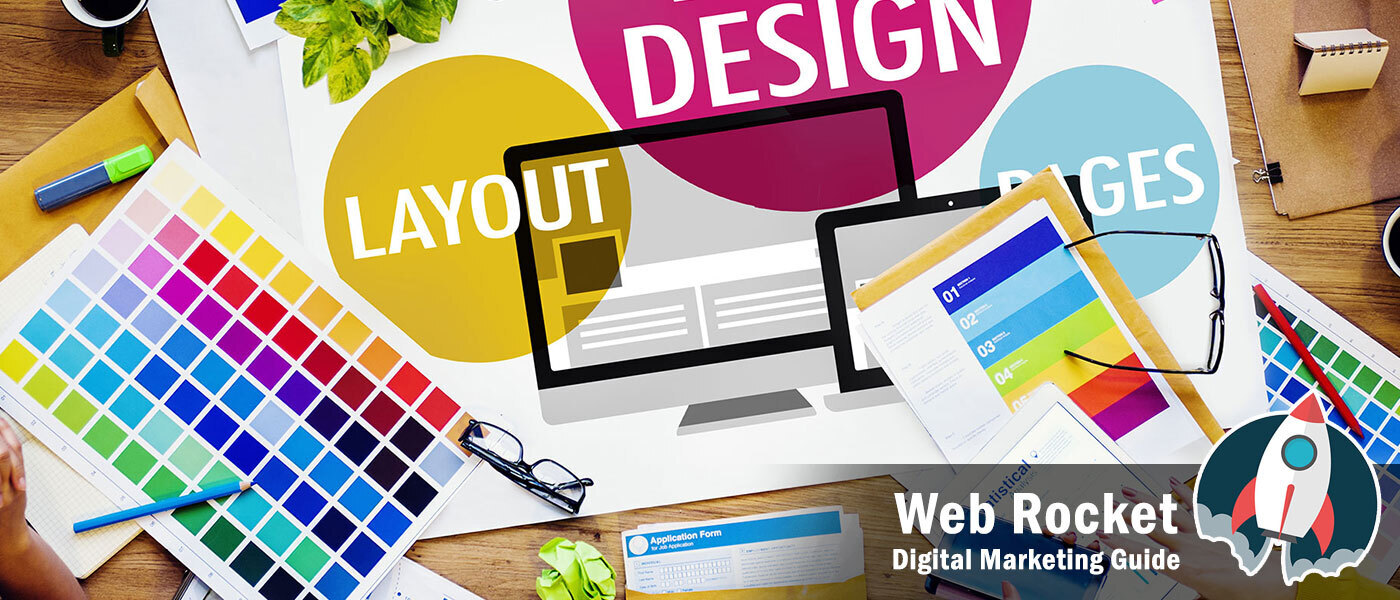Creating your Website Brief - Guide

What is a website brief?
A website brief is a comprehensive document designed to detail the requirements of a website development project. It is an essential tool for communicating the expectations and goals of your web development and ensuring an effective collaboration with your developer. This consistent set of guidelines and specifications will also assist your management of the project in-house.
Before you start looking for web designers and developers, it's important that you have an initial idea of what you hope to achieve from your website project.
Whilst web professionals will be able to build on ideas with you and guide you with the process, it's always helpful to furnish them with an initial concept, your expectations, requirements and preferences. This will enable them to gain a full understanding of what you want to achieve in order to provide you with an accurate proposal and quote for the project.
You may have branding already in place, you may have an existing website, or you may be starting from scratch. Whatever your current circumstance, a website brief is the perfect document to guide your project effectively for both you and your developer.
What should a website brief contain?
An effective website brief will contain all of the information necessary for potential web developers to fully understand your business and project requirements. It allows you to ask specific questions you would like to be addressed.
You are also inviting potential collaborators to put forth their ideas, outline their approach to your project and provide an informed, accurate quote for the work.
You should ensure that your website brief contains these 5 key elements;
Background Information;
This is your opportunity to familiarise potential developers with your business. Your appointed developer will be, effectively, an extension of your team, so it is important for them to fully understand your business, brand, and industry. Much of this information can be taken from your business plan >>
You should include the following background information;
- An introduction to your company, business, and brand
- An overview of your services, products, and offerings
- Insight into your key competitors (including their websites) and your target audience
- A summary of your current online status - if you have an existing website, include this and detail what is working and what you are looking to improve
- You may wish to include any existing business branding >>
Services Required;
It is essential to clearly outline all and any services you require. Whilst some Digital Agencies may not provide all services directly, it is more than likely that they will have trusted contacts who they collaborate with or recommend on a regular basis. So it can be useful to detail any supplementary services required at this point to assist with acquiring a comprehensive quote for the project.
Services you may wish to request an itemised quote for include;
- Web Design & Development
- Website Hosting & Ongoing Support
- Logo Design & Branding
- SEO - Ongoing Search Engine Optimisation
- Social Media - Ongoing Social Media Management
- App Development
- Print Materials
- Signage
- Video / Media Production
Project Details;
This section is where you should detail criteria pertaining to your resources and requirements for the delivery of the project. It is ideal to provide these details to manage expectations on both sides. With a full view of the project and resources, the developer will be able to more accurately assess whether it is realistic to complete the project within the allotted timescales and budget.
You should include the following project details;
- Who is the key liaison for the project, and how should they be contacted?
- What are the timescales for the development and launch of the website?
- What is the budget for the development?
Website Specification;
Here, you should provide as much information as possible about your expectations for your website development. If you have completed Stage 2 of the Web Rocket, you will have already produced a website plan from which you can utilise some information you have put together.
Whilst you will collaborate with your designer in terms of the style, layout and experience of your website, it is great to provide them with any set requirements and preferences.
You should provide a clear explanation of the type of website you feel you require. For example, if you will be taking payments through the website, you will require ecommerce functionality, and subsequently a payment gateway will be required.
If you would like some inspiration or to learn more about potential functionality, you can take a look at a breakdown of some types of features here from our EOS Website Platform >>
You should think about your website from the point of view of both your visitors and as an administrator.
Your website specification section should include;
- A breakdown of the key purposes and goals of the website
- Type of system required - Brochure, Ecommerce or something more specialised
- If you are taking payments through your website, you should include which payment gateway you are considering
- Examples of existing websites that you have taken inspiration from - identify noteworthy features and functions
- Branding, colour schemes and design preferences - you will have identified these as part of your Web Rocket business branding >>
- Examples of fonts that you like - you can explore these at Google Fonts >>
- Key functionality requirements - what should your users be able to do on your website?
- A sitemap of the structure of your website pages, or simply a provisional list of the core pages/areas of the website
- Content Management System requirements - specify that you require easy access to update and manage your website content
Proposal Request;
This is your opportunity to request specific information to help you compare your quotations. When assessing the suitability of potential developers, it is important to understand how they work, their reputation and the initial, ongoing and future costs of your project. Having the following information upfront may assist you in shortlisting candidates for your collaboration.
Questions you may want to specify include;
- Summary of approach to project delivery and service fulfilment
- Portfolio of work, with relevant examples where possible
- Timescale estimations and scheduling breakdown
- Total cost of the development and payment terms
- Ongoing costs for hosting, support and maintenance
- Additional costs for future developments
Next Steps
Creating your website brief may seem like a daunting task, however, the benefits of obtaining accurate and detailed quotes is certainly worth the time.
Once you have produced your Website Brief, you can then begin the process of finding potential web developers and digital marketing agencies >>
Blog Categories
Become a guest blogger
Do you have an article to post about Digital Media & Marketing? Maybe Design or Social Media is your passion?
If so we'd love to hear from you.
Looking for a new website?
If you are looking to develop a new website for your business, why not get in touch and have a chat through your project.
We'll provide you with a free quote and website specification to assist with your planning.



















